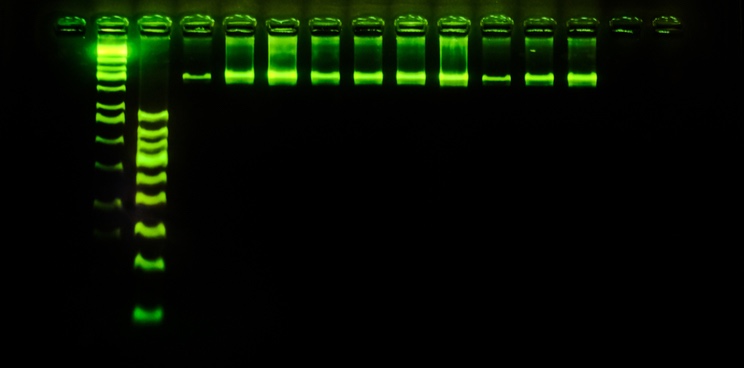Stilla Technologies has raised a €20M Series C round to fund its mission to produce next-generation microchips that make molecular diagnostics more precise and user-friendly than currently available lab technology.
Contributors to the round included Stilla’s existing investors, such as Illumina Ventures, Kurma Partners and Idinvest Partners. Stilla also added the Chinese company TUS-Holdings to its list of shareholders in this round.
“By bringing TUS-Holdings on board, we also look to rapidly expand our activities in China and throughout Asia,” stated Rémi Dangla, co-founder and CEO of Stilla Technologies.
The company will use the Series B funds to develop next-generation microchips for carrying out PCR, a ubiquitous technique used in the life sciences industry for tasks such as detecting pathogens and cancer cells, or testing food for contamination. The company is developing a recent form of the technology called digital PCR, a method that is more sensitive than regular PCR, so can better detect rare DNA sequences in a sample. It also makes it easier to measure how much of the sequence is present in a sample.
“You have simple to use, cost-effective technology that is PCR, but you don’t have the precision,” Dangla told me. “And on the other hand, you have sequencing, which is a very high end, very powerful tool, but is really high-cost. Digital PCR can fill the gap.”
While digital PCR has been in development for years, it hasn’t completely caught on, partly because it has historically been more labor-intensive than regular PCR.
Stilla is one of a number of companies working to make digital PCR more accessible, such as Bio-Rad and Thermofisher. According to Dangla, Stilla’s microchip is different from the technology of other companies because it is more user-friendly. In addition, the user can detect up to three different DNA sequences at once through three fluorescence channels, but Stilla aims to boost this to six channels.
The costs of next-generation sequencing have dropped tremendously in the last two decades, making it a progressively more important tool in diagnostics. However, Dangla told me that PCR will remain a vital tool for cheap and quick molecular diagnostics, particularly for monitoring the progress of patients with infections and cancer. “I see a bright future for both technologies,” he concluded.
Image from Shutterstock





